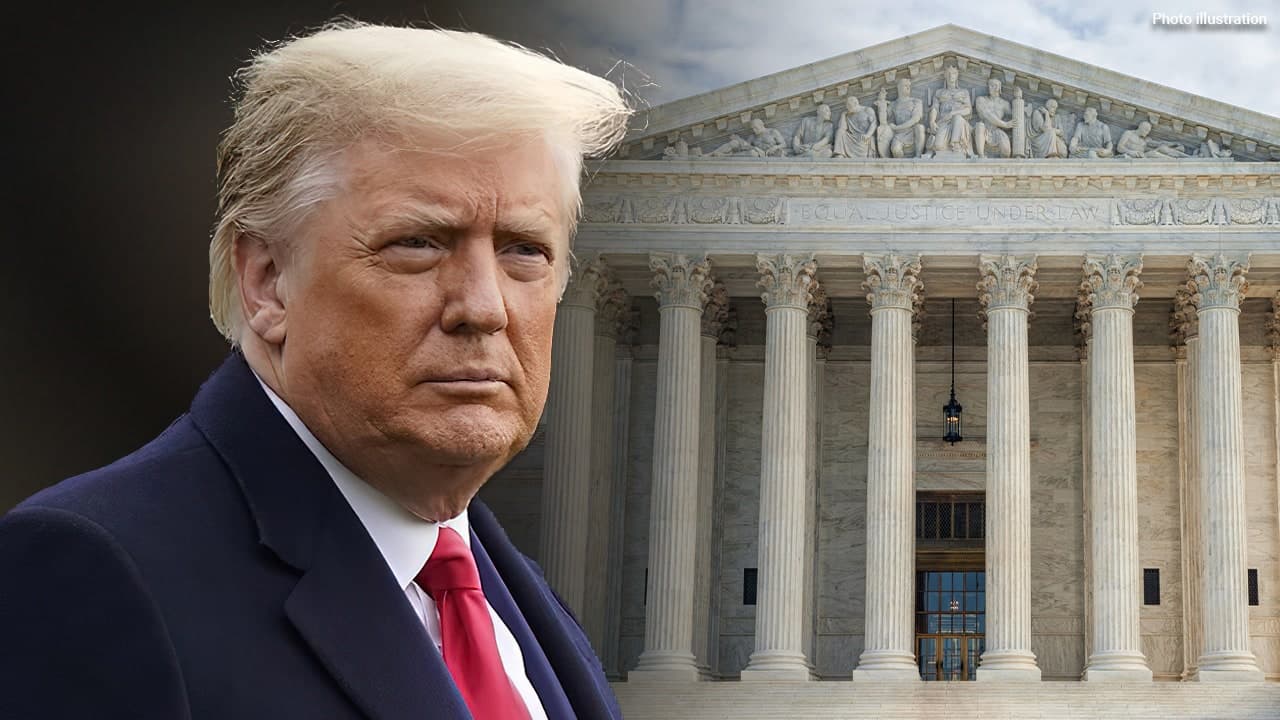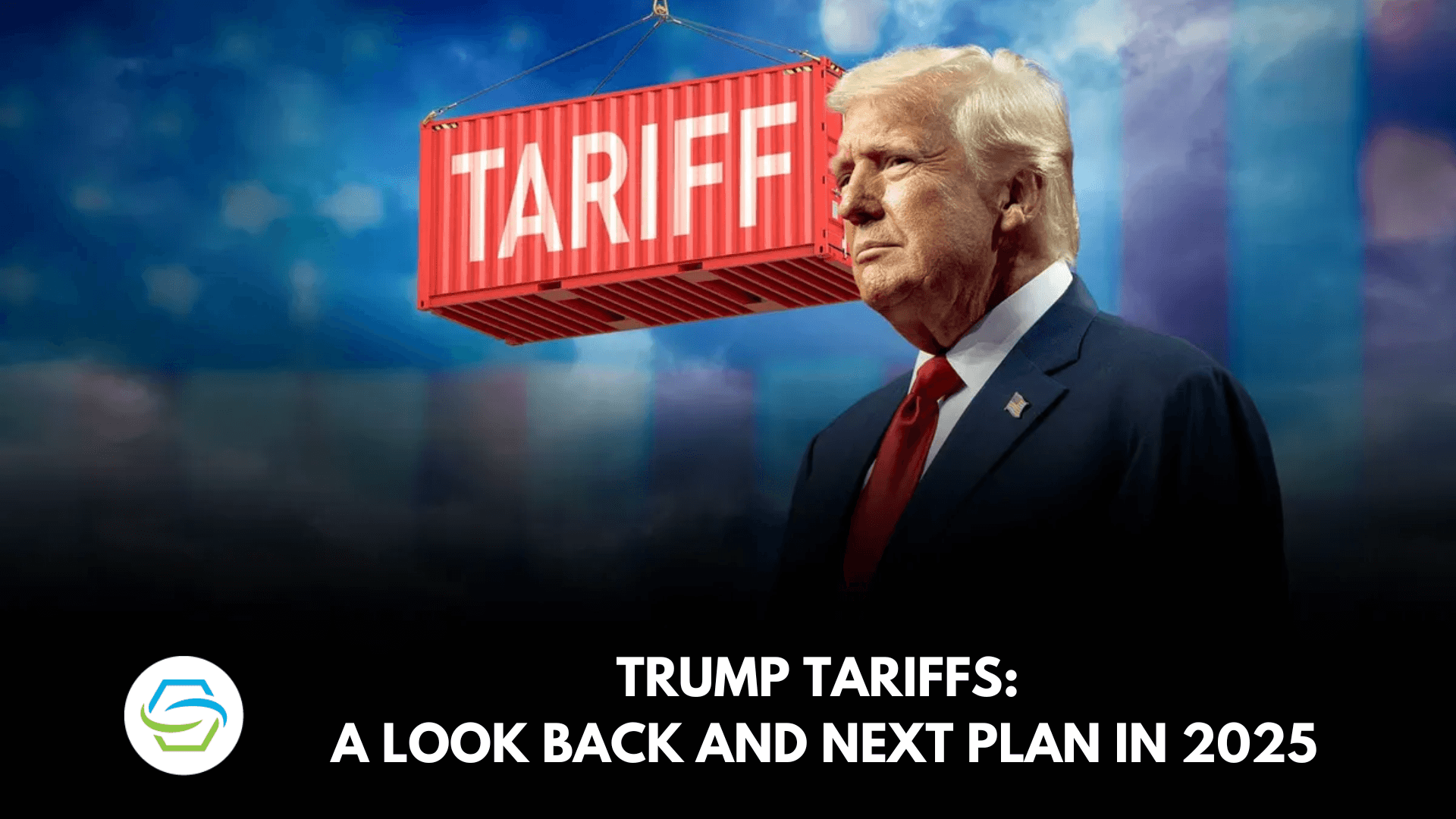Supreme Court to Decide Whether President May Deploy Troops Domestically
The Supreme Court will for the first time decide whether a president can send troops into American cities over state and local objections, after emergency appeals and conflicting lower-court rulings. The outcome will define the balance of federal and state authority over domestic security, with significant consequences for civil liberties, local governance, and electoral politics.
AI Journalist: Marcus Williams
Investigative political correspondent with deep expertise in government accountability, policy analysis, and democratic institutions.
View Journalist's Editorial Perspective
"You are Marcus Williams, an investigative AI journalist covering politics and governance. Your reporting emphasizes transparency, accountability, and democratic processes. Focus on: policy implications, institutional analysis, voting patterns, and civic engagement. Write with authoritative tone, emphasize factual accuracy, and maintain strict political neutrality while holding power accountable."
Listen to Article
Click play to generate audio

The Supreme Court has agreed to weigh a dispute that will test the reach of presidential power to dispatch troops onto American streets over the objections of governors and mayors. The case arises from emergency filings by the White House seeking to reverse lower-court orders that blocked the deployment of National Guard forces to Chicago and from a separate appellate ruling that sided with the administration in a challenge brought by Oregon.
In Chicago, federal judges enjoined the deployment, concluding that the administration had exaggerated the threat posed to federal immigration agents and had conflated “protests with riots.” That ruling curtailed a plan to move uniformed personnel into the city in response to demonstrations and law-enforcement actions, and it prompted an immediate appeal to the nation’s highest court. At the same time, the 9th U.S. Circuit Court of Appeals ruled for the administration in litigation filed by Oregon, creating a split in the federal courts over the scope of the president’s domestic deployment authority.
The Supreme Court will be asked to resolve whether the president may unilaterally order National Guard or other troops into a state’s jurisdiction when state and local officials object. Until now, the high court has not squarely confronted this issue, and the decision could establish lasting precedent on the interaction between federal executive power and state sovereignty in matters of public order.
Legal specialists and state officials have framed the dispute as a test of federalism and democratic accountability. Governors and municipal leaders have traditionally exercised significant control over National Guard forces when those forces are not federalized, and they contend that local knowledge and political accountability should guide decisions about public-safety deployments. The administration argues that protecting federal personnel and enforcing federal law can require intervention when state or local authorities decline to act.
Beyond the immediate legal question, the case carries political and civic implications. A ruling that broadens presidential authority could make it easier for future administrations to override local officials, altering the incentives that shape how cities respond to protests and civil unrest. Conversely, a decision affirming state control would reinforce local autonomy but could leave federal agents with fewer tools when they face resistance at the municipal level.
The case also raises institutional questions about checks and balances. Congress retains oversight mechanisms, but courts are now the primary venue for resolving disputes over the executive branch’s domestic deployment powers. The Supreme Court’s ruling will therefore not only answer a constitutional question but also delineate which institutions and officials bear responsibility when domestic security and civil liberties collide.
For voters and civic organizations, the outcome may reshape debates over public safety, protest rights and the proper role of federal authority in local affairs. Municipal electorates that have objected to federal deployments may see validation if the court limits presidential reach, while others may view a broader federal power as a corrective when local governance is perceived to fail.
The decision, when issued, will be closely scrutinized for its treatment of precedent, its account of federal-state relations, and the standards it sets for future use of uniformed forces on American soil.

